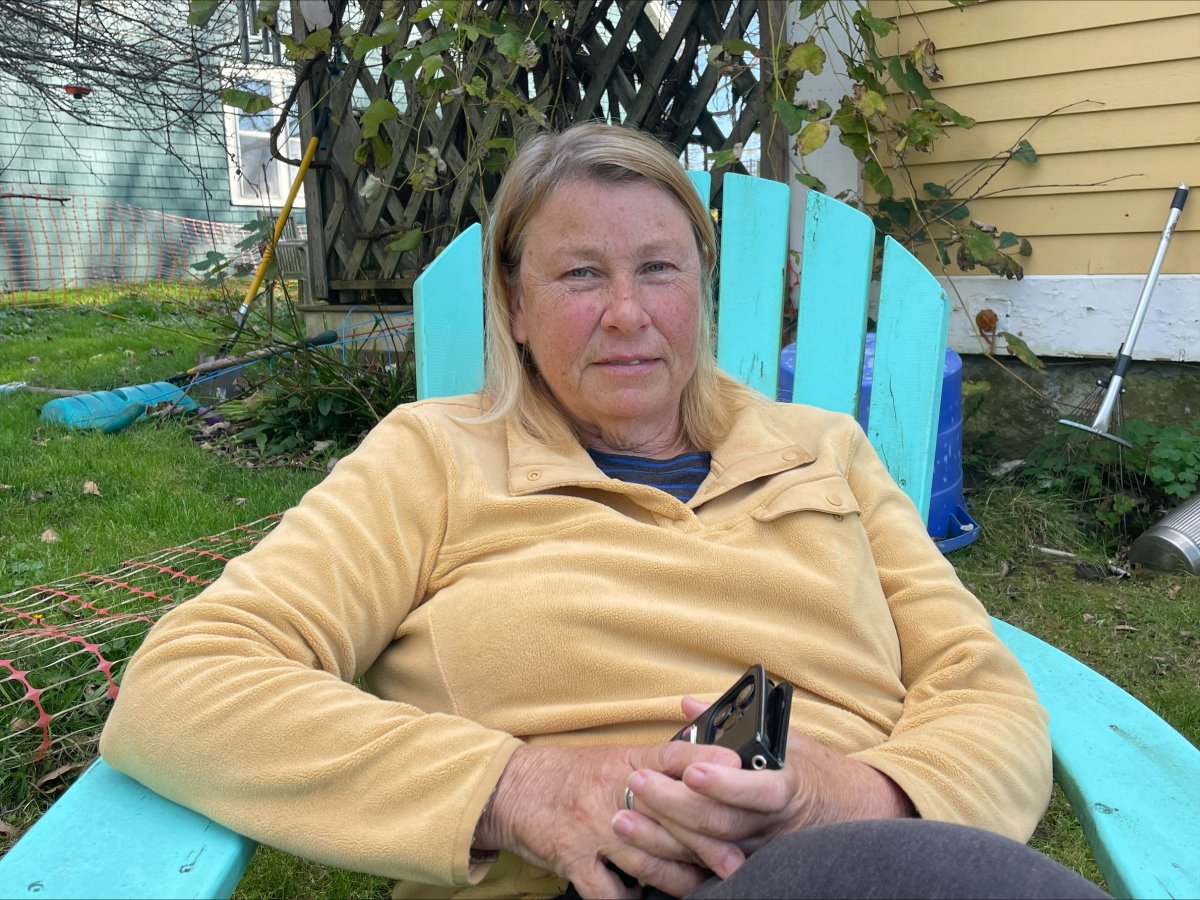The mass shooting in Maine has brought back memories of the April 2020 tragedy in Nova Scotia for many people in the province.

For Mallory Colpitts, the news south of the border hit hard, even from almost 1,000 kilometres away.
“It is important for them to know that I am thinking about them,” she said.
More than three years ago, Colpitts survived the Nova Scotia mass shooting. She hid in her Portapique home for hours while a gunman killed 22 people.
The trauma of that experience continues to affect her today.
She says wants to share advice with those reeling from the killings in Maine this past week which left 18 people dead.
“There’s isn’t a correct journey for everyone. A message I would hope to get across is that for me, I had to create strong boundaries because of the natural inquisition humans have for wanting to understand what happened,” Colpitts said.
“The individuals impacted — families, witnesses and other survivors, likely may need some time to decompress, because this is so fresh.”
Nova Scotians like her are all too familiar with the toll such a tragedy can take, even years later.
“And survivor’s guilt is very real,” she added.
Other Maritimers have also been affected by the events in Maine.
New Yorker turned Nova Scotian Alison Strachan couldn’t sleep after hearing the news about the shooting Wednesday evening because she has family living about a half hour from where it happened.
“Then I was watching a fire department Twitter, and they were calling in medivacs to take people to the Boston hospital, so you knew it was big at that point,” she said from her home in Lunenburg, N.S.
Her two sisters and three nieces spent several days sheltering in place as police searched for the suspect in their neighborhoods.
- As Loblaw boycott begins, what to know about all the company’s brands
- Poilievre allowed back in House of Commons after getting kicked out Tuesday
- $34B Trans Mountain pipeline expansion project opens after years of construction
- N.S. man stuck abroad due to lack of available hospital beds ‘in our own province’
Strachan has driven through Lewiston on visits to her family, and says the small towns and backroads of the area are very similar to those the Nova Scotia killer in 2020 passed through to evade authorities until he was shot dead by police 13 hours after his killing spree began.
“I started to feel very much the same emotions as I felt when Portapique happened, and thinking about the days ahead for my family, because I know this is only the beginning,” said Strachan. “We re-lived many of the victims lives for years, and I guess it just made me feel very sad for what they will be going through. It’s not easy.”
Her thoughts are now with her family, and all residents Maine affected by this tragedy.
“I wanted to send a message to all of Maine, that we’re all with you, because it’s something that you don’t easily recover from,” she said.
Nova Scotia Health, which realizes the ripple effect the incident in Maine could have, is reminding people in the province to reach out for mental health support if they need it.
“Because on days like today and events that continue to happen, they can kind of put people back there or have them feeling distress about the situation,” said Janah Fair, director of mental health & addictions for NS Health’s Northern Zone, which includes communities most affected by the Nova Scotia mass shooting.
Fair says she’s also thinking of those affected in Maine.
“We know how, how difficult an experience like this can be for community and for service providers,” she added, “They’re in our thoughts and healing can happen.”
Colpitts says one of the best things she did after her experience was seek professional mental health assistance immediately.
“Everyone needs support through that,” she stressed.
She said she is also urging authorities to include survivors and witnesses when providing help.
“If I were to echo anything from my experience, it would be to not forget those forgotten individuals.”





Comments